Hey there, pet pals and their awesome humans! Ever wonder who those super-smart people are who help keep our furry (or feathery, or scaly!) friends feeling their absolute best? You know, the ones who give check-ups, fix boo-boos, and know just how to make a nervous kitty purr? They’re often called animal health associates, and they’re basically your pet’s superhero team! Think of them like your pet’s very own doctors, nurses, and caring friends all rolled into one amazing place – often called an animal hospital or clinic.
Maybe you’ve heard names like AVCA Health Associates Animal Hospital or Animal Health Associates Eugene Oregon? These are examples of fantastic teams dedicated to pet wellness. Whether you’re in Eugene or anywhere else, finding great animal health care associates is key to a long, happy life for your buddy. This post is all about demystifying what they do, why they rock, and how they become your pet’s partner in health. Grab a treat (for you or your pet!), get comfy, and let’s dive in!
What Exactly Are Animal Health Associates?
Okay, so “animal health associates” sounds a bit fancy, right? But it’s really simple! It usually means the whole team working at a vet clinic or animal hospital. While the main animal doctor (the veterinarian, or “vet”) gets a lot of the spotlight, the team is much bigger! Think about it like a sports team:
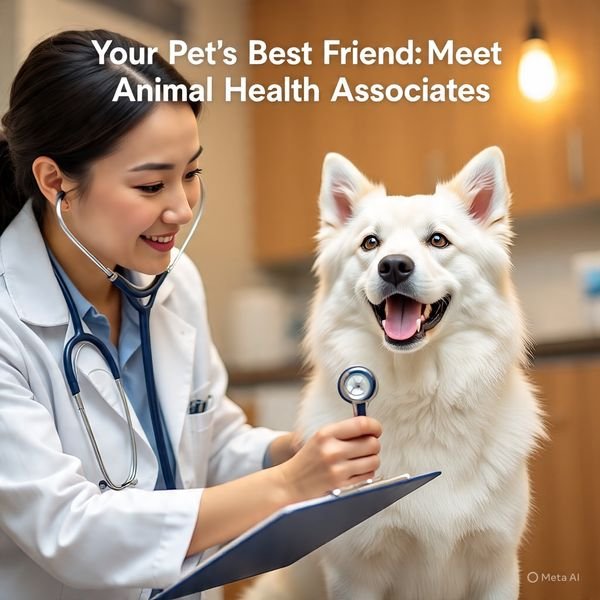
- The Veterinarian (The Head Coach/Star Player): This is the animal doctor. They went to school for years to learn all about animal bodies, diseases, and treatments. They diagnose problems, perform surgeries, and make the big health plans. (We’ll talk more about “animal doctors” in the FAQ!).
- Veterinary Technicians (The Skilled Players): Often called “vet techs,” these are like animal nurses. They’re super trained! They take X-rays, run lab tests, assist in surgery, give medications, and handle lots of the technical care. They’re the ones who might hold your dog gently while the vet checks them.
- Veterinary Assistants (The Support Squad): These helpers make everything run smoothly. They might weigh your pet, clean exam rooms, help restrain animals gently, feed hospitalized pets, and give lots of comforting cuddles!
- Receptionists & Office Staff (The Organizers): The friendly faces you see first! They schedule appointments, answer your calls, handle records, and help you understand bills and paperwork. They keep the whole place organized.
So, “animal health associates” often refers to this incredible team working together at a place like AVCA Health Associates Animal Hospital. They all share one big goal: keeping your pet healthy and happy!
Finding Your Pet’s Perfect Health Team: Animal Health Associates Eugene (and Beyond!)
Just like you’d choose a doctor you like and trust for yourself, finding the right animal health associates team for your pet is super important! You want a place where both you and your furry friend feel comfortable and cared for. Here’s how to find your match:
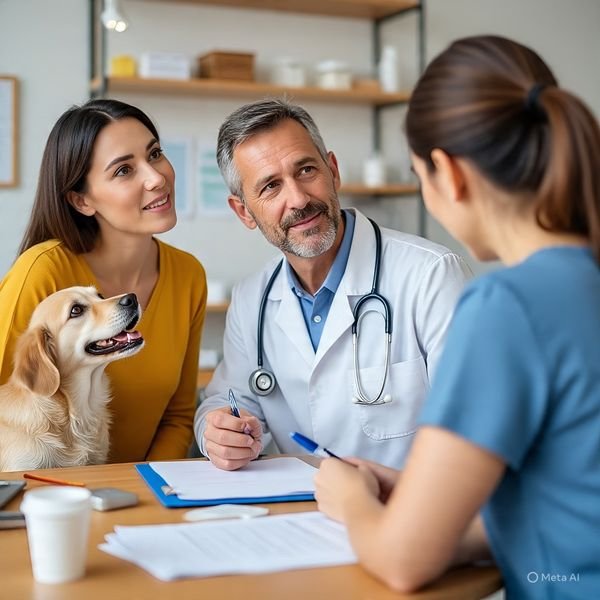
- Ask Around! (Word of Mouth is Golden): Talk to your friends, family, or neighbors with pets. Where do they take their furry family members? Personal recommendations are often the best! “I love Animal Health Associates Eugene!” is a great sign.
- Check Online: Look up clinics near you. Read reviews on Google or Facebook. See what other pet parents say about their experiences. Look for names like Animal Health Care Associates or specific ones like Animal Health Associates Eugene Oregon if you’re local. What do people praise? The friendly staff? The clean facility? Great communication?
- Visit (If Possible): Many clinics offer tours! Give them a call and ask. Seeing the place yourself can tell you a lot. Is it clean? Does it smell okay? Do the staff seem happy and welcoming? How do the pets in the waiting area seem?
- Consider Location & Hours: Is the clinic conveniently located? What are their hours? Do they offer emergency care, or know where to send you if something happens after hours? (Places like AVCA Health Associates Animal Hospital often have this info clearly on their website).
- Trust Your Gut (and Your Pet’s Gut!): When you visit, how do you feel? Does the vet explain things clearly? Do the techs seem gentle and patient with your pet? Does your pet seem overly stressed (some nervousness is normal) or relatively okay? Your feelings matter!
Remember: The best animal health associates team will feel like an extension of your family. They should listen to your concerns and answer your questions patiently. Don’t be afraid to try a different clinic if the first one doesn’t feel quite right!
What Happens at the Animal Hospital? Services Your Health Team Offers
Ever wonder what actually goes on behind those exam room doors? Your animal health associates team offers a HUGE range of services to keep pets healthy at every stage of life! Here’s a peek inside:
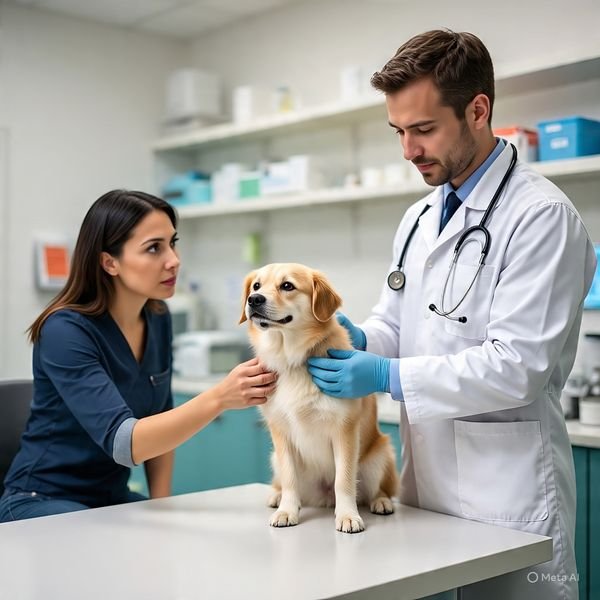
- Wellness Exams (The Pet Check-Up!): Just like you see a doctor for a yearly physical, pets need them too! This is the BEST way to catch little problems before they become big ones. The vet will check your pet’s eyes, ears, teeth, heart, lungs, weight, and overall condition. They’ll ask about food, behavior, and bathroom habits. It’s a health snapshot!
- Vaccinations (Shots that Shield): Vaccines protect pets from nasty, sometimes deadly diseases like rabies, distemper, and parvovirus. Your animal health care associates team will know exactly which shots your pet needs and when. Puppies and kittens need a series, and adults need boosters. Think of it as their superhero armor!
- Parasite Prevention (Bug Off!): Fleas, ticks, heartworms, and intestinal worms? Yuck! And dangerous! Your vet team will recommend safe, effective preventatives – usually monthly chews, topical treatments, or injections – to keep these pests away. Prevention is MUCH easier and cheaper than treating an infestation or disease!
- Dental Care (Sparkly Teeth!): Did you know bad teeth can make pets really sick? Bacteria from dirty teeth can spread to their heart and kidneys! Animal health associates offer dental cleanings (under anesthesia, so it’s comfy and thorough) and can handle tooth extractions if needed. They’ll also show you how to brush your pet’s teeth at home!
- Sick Pet Visits (Uh-Oh Help!): When your pet isn’t acting like themselves – not eating, vomiting, limping, coughing – it’s time to call your health team. They’ll figure out what’s wrong and get them back on track.
- Surgery (From Fixing to Fixing): This ranges from routine procedures like spaying and neutering (which also helps prevent health problems and unwanted litters) to more complex surgeries like removing lumps or fixing broken bones. The whole team works together to make surgery safe and recovery smooth.
- Diagnostic Tools (Detective Work!): Sometimes, the vet needs clues! That’s where tools like X-rays, blood tests, and ultrasounds come in. These help the animal health associates team see inside your pet and understand exactly what’s happening.
My dog Luna’s story: Luna once started limping badly after a romp in the park. I rushed her to our local animal health associates. The vet did a gentle exam, took an X-ray (Luna wore a cute little lead apron!), and found she had a small muscle tear – no broken bone, phew! They gave her pain meds and rest instructions. The vet tech showed me gentle massage techniques. Knowing the whole team was there made a scary moment much less scary!
Why “Boring” Check-Ups are Superhero Moves: Preventive Care!
Okay, let’s be honest. Taking your perfectly seeming healthy pet for a check-up might feel like just another thing on the to-do list. But guess what? This “boring” stuff is actually the MOST powerful thing you can do! It’s called preventive care, and it’s the secret weapon of great animal health associates.
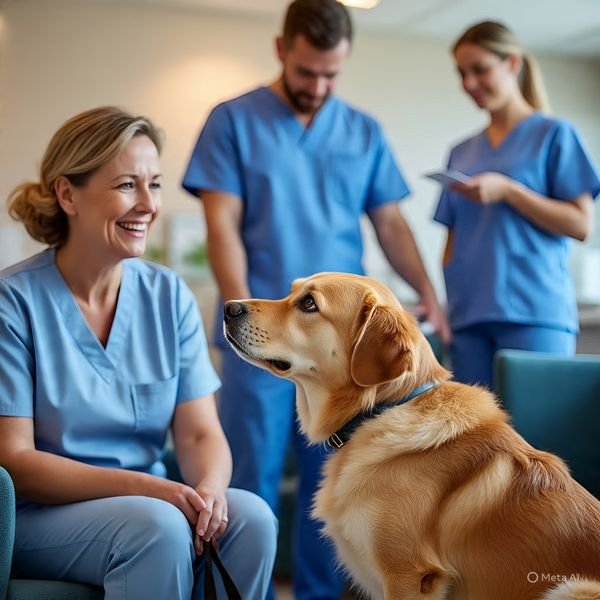
Why is it so awesome?
- Catches Sneaky Problems Early: Pets are masters at hiding illness. By the time they look sick, a problem might be serious. Regular check-ups and blood tests can spot things like early kidney disease, diabetes, or thyroid issues WAY before symptoms show up. Early treatment = better outcomes and often lower costs!
- Keeps Vaccines Up-to-Date: This is your pet’s shield against preventable, often fatal diseases. Missing boosters leaves them vulnerable.
- Stops Parasites in Their Tracks: Monthly preventatives are easy. Treating a heartworm infection or a severe flea allergy is hard, expensive, and stressful for your pet. Prevention is a no-brainer!
- Saves Money in the Long Run: Think of it like car maintenance. An oil change is cheaper than a new engine! Treating advanced disease costs WAY more than preventing it or catching it early.
- Builds a Relationship: The more your animal health care associates team knows your pet when they’re healthy, the better they can spot when something’s not right. Your pet also gets used to the clinic, making visits less stressful.
Think of your animal health associates as your pet’s health coaches. They’re not just there for emergencies; they’re your partners in keeping your furry friend thriving year after year. Scheduling that annual or bi-annual visit is one of the kindest things you can do!
Uh-Oh! When Emergencies Happen: Your Health Team to the Rescue
Even with the best preventive care, accidents or sudden illnesses can happen. A cut paw, eating something weird, sudden weakness – it’s scary! Knowing what to do and who to call is crucial.
First, Don’t Panic (Easier said than done, I know!): Take a deep breath. Your calmness helps your pet.
Call Your Regular Animal Health Associates Immediately: Explain the situation clearly. “My dog just ate a whole bag of chocolate!” or “My cat fell off the balcony!” They will tell you if you need to come straight in, go to an emergency clinic, or if it’s something you can monitor at home for a bit.
- If they are open: Head straight there. They know your pet’s history, which is super helpful.
- If it’s after hours: Many clinics, like AVCA Health Associates Animal Hospital, have information on their voicemail or website directing you to the nearest emergency vet clinic. Know this number before you need it! Save it in your phone.
What is an Emergency? (When to Rush In):
- Difficulty breathing
- Severe bleeding that won’t stop
- Collapse or inability to stand
- Seizures
- Bloated or distended abdomen (especially in large dogs)
- Suspected poisoning (chocolate, antifreeze, rat poison, certain plants)
- Major trauma (hit by car, fall from height)
- Straining to urinate or defecate without success (especially male cats!)
- Unconsciousness
Be Prepared: Keep a pet first-aid kit handy (ask your vet what to include!) and know the quickest route to your regular clinic and the nearest emergency clinic. Having a plan makes emergencies a little less overwhelming. Remember, your animal health associates team, whether at your regular clinic or the emergency hospital, is trained to handle these situations. They are ready to help!
More Than Just Vets: The Amazing People Behind Animal Health Associates
We talked about the different roles (vet, tech, assistant, receptionist), but what makes these people so special? It’s not just their training (which is intense!), it’s their HEART. Working in animal health is a calling.
- They Genuinely LOVE Animals: This is obvious, right? They chose this career because they want to help creatures who can’t speak for themselves. They get joy from seeing a sick pet recover or a scared puppy learn the vet’s office isn’t so bad. They celebrate your pet’s milestones!
- They Have Tough Jobs: They see sick and injured animals every day. They deliver hard news to loving owners. They perform complex surgeries and work long hours. It takes emotional strength.
- They are Lifelong Learners: Medicine changes fast! Vets and techs constantly take courses and read studies to stay on top of the latest treatments and technologies. They want to offer your pet the best care possible.
- They are Communicators: A huge part of their job is talking to you. Explaining diagnoses, treatment options, costs, and home care instructions clearly and kindly is essential. They answer your questions (even the ones you think are silly!).
- They Work as a TEAM: That surgery? It takes the vet, the tech monitoring anesthesia, the assistant prepping the tools. That nervous cat? The receptionist soothes the owner, the assistant gently handles the cat, the tech draws blood quickly, the vet interprets the results. It’s a well-oiled machine fueled by care.
Next time you visit a clinic like Animal Health Associates Eugene Oregon, take a moment to appreciate the whole team. That friendly receptionist calming you down, the assistant who got your dog’s weight without fuss, the tech who explained the medication perfectly, the vet who took time to answer all your worries – they are all vital animal health associates making a difference in your pet’s life.
Your Pet Health Questions Answered! (FAQ)
Let’s tackle some common questions about the bigger world of animal health and what certain terms mean!
Q: Who is the biggest animal health company?
A: As of right now, the biggest company focused mainly on animal health is Zoetis (pronounced Zo-EH-tis). They started as part of Pfizer (a huge human drug company) and became their own giant. They make medicines, vaccines, and products for pets, farm animals, and even fish!
Q: What happened to Novartis animal health?
A: Novartis used to have a big animal health division. But back in 2015, they decided to sell it. Another giant animal health company called Eli Lilly bought it! Lilly’s animal health part is now called Elanco Animal Health. So, Novartis animal health became part of Elanco.
Q: What does MSD animal health do?
A: MSD Animal Health is a major global company (known as Merck Animal Health in the USA and Canada). They research, develop, make, and sell a HUGE range of products. This includes vaccines, medicines for parasites and diseases, and tools to help vets diagnose problems. They help pets, farm animals, and fish stay healthy.
Q: What is meant by animal doctor?
A: “Animal doctor” is a friendly way to say “veterinarian” or “vet.” A vet is a medical professional who went to veterinary school for many years. They are trained to diagnose and treat illnesses, injuries, and diseases in all kinds of animals – pets like dogs and cats, farm animals, zoo animals, and wildlife. They are the primary doctors for animals! (Think of your animal health associates team – the vet is the lead animal doctor!).
Wrapping Up: Your Partners in Pet Happiness!
Phew! We’ve covered a lot about the amazing world of animal health associates. We’ve learned that it’s not just one person, but a whole team of caring professionals – vets, techs, assistants, and office staff – working together at places like AVCA Health Associates Animal Hospital or Animal Health Associates Eugene. They are your pet’s doctors, nurses, detectives, dentists, surgeons, and cheerleaders all rolled into one!
We talked about why finding the right team feels so important (like finding family!), the many services they offer from check-ups to surgeries, and why those “boring” preventive visits are actually superhero moves for your pet’s long-term health. We also touched on what to do in scary emergencies and celebrated the huge hearts and hard work of the people behind the scenes.
Having trusted animal health care associates isn’t just about fixing problems; it’s about building a partnership for your pet’s whole life. They are your resource,
Read More :Prisma Health Family YMCA: Your Fun, Friendly Fitness Home!
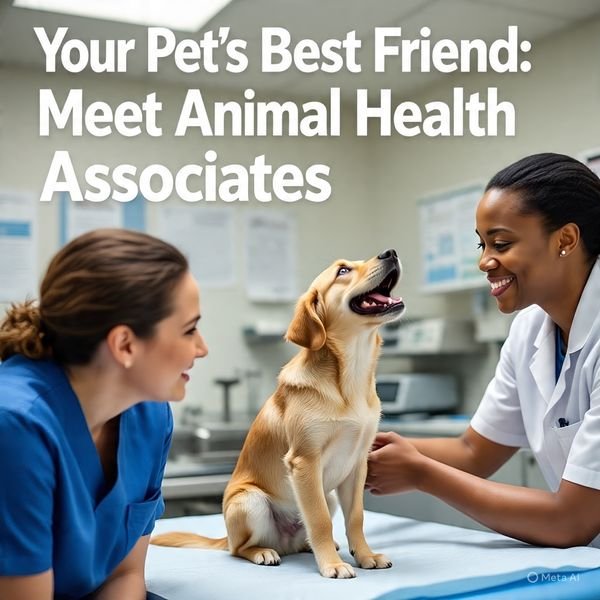




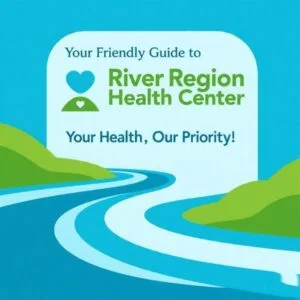





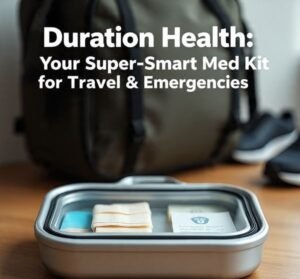

1 thought on “Your Pet’s Best Friend: Meet Animal Health Associates!”